[caption id="attachment_1003727400" align="alignleft" width="196"]
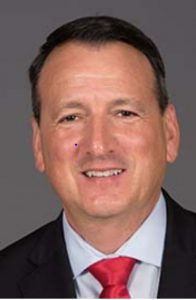 Greg Rickford
Greg Rickford[/caption]
The Ontario government has put together a new mining taskforce to help it overhaul the Mining Act.
Whereas the previous Liberal government also passed legislation to modernize the mining act, Greg Rickford, Mines Minister in the new Progressive Conservative government, says the focus is entirely different.
“When they were modernizing the Mining Act, the very real fear out in the industry was that it was an exercise in ideology to put new barriers in a piece of legislation that already has been very difficult for mines to operate under,” Rickford said on the sidelines of the Prospectors and Developers Association of Canada (PDAC) convention this week. “This is an act to promote mining in Ontario and we think there’s a big difference.”
Rickford, Ontario’s Minister of Northern Development and Mines, Energy and Indigenous Affairs, said that his government intends to make Ontario more attractive for mining, partially through changes to the Mining Act that will be informed by a new Mining Working Group, whose first meeting was held during the conference.
“I want to overhaul [the Mining Act] in a way that makes Ontario the No. 1 friendly jurisdiction for doing mining business in,” said Rickford.
Ontario recently fell to 20
th place from 7
th most attractive mining jurisdiction in the Fraser Institute’s annual survey of mining companies.
The government used this year’s PDAC convention to draw a clear contrast with the previous Liberal regime. The new PC government, elected last June, made several announcements at the event, including the creation of a new mining taskforce to cut “red tape,” changes to the government’s Northern Ontario Internship program to make it more accessible to Indigenous workers, and with the Saskatchewan government, took a joint swipe at the federal government’s environmental assessment legislation and its new Canadian Minerals and Metals Plan (CMMP).
[caption id="attachment_1003727404" align="alignright" width="354"]
 Minister Rickford
Minister Rickford[/caption]
Mining Working Group
The Mining Working Group met for the first time during PDAC and includes a long
list of representatives from mining and exploration companies including New Gold, Iamgold, Glencore, Osisko and Noront Resources, the Ontario Mining Association, the Ontario Prospectors Association and the Canadian Council for Aboriginal Business and will be chaired by Rickford.
“What we assembled was not just an elite team of people who’ve got tremendous experience throughout the sector, but people who are actually thrilled that this working group is on. I mean the Premier [Doug Ford] was there to show his support for this work.”
Rickford said the government would consult with the group as it moves to tackle immediate, short term and long term priorities. While Rickford did not provide timelines for recommendations from the group, he said it will be working on three areas: immediate actions that can remove last minute barriers to mines achieving production; short to medium-term issues such as sulphur dioxide (SO
2) emissions and effluent levels in tailings ponds that are seen as a “moving target;” and finally an act to promote mining in Ontario.
“The key words are certainty – certainty in the regulatory environment, certainty in energy costs and certainty that their government will actually support them in their efforts to build a mine.”
Rickford said that support had been lacking from the previous “decade and a half of darkness” of the previous regime.
“It was very clear that notwithstanding the market conditions, mining was having a lot of trouble navigating through the government at the time.”
Rickford said that was partially because “mining operations were not a priority” for that government, and partially because of government silos and a lack of co-ordination between the different ministries or even within ministries.
“That’s going to stop. In the future, through this mining working group, we’re going to develop a one-stop shop. You come in, you want to build a mine and we put a swat team together from all three ministries and we work with you and through all the opportunities that the government create to make sure that mine opens up.”
Indigenous communities
Rickford says the government is working towards greater and more integrated involvement by First Nations communities.
“We’re breaking that process down into its smaller parts and making it less bureaucratic so that Indigenous communities can actually lead by example – in environmental assessments, supporting their communities in a very focused way for capacity opportunities that go to building roads and ensuring that they have opportunities to be part of a labour workforce, much like what I announced here today.”
Rickford announced changes to the Northern Ontario Internship program at an Indigenous Leaders breakfast at PDAC, including the removal the requirement that applicants be recent graduates of a post-secondary program, opening it up to new workers, people transitioning to a new career, the unemployed and underemployed. The program will have two funding streams: one providing a greater incentive to businesses to offer Indigenous internship opportunities and the other focusing on areas of skills shortage in the north by providing apprentices with the ability to attend required training throughout their placements.
Asked if his government is committed to building infrastructure in the Ring of Fire, Rickford responded: “We’re committed to working with the Indigenous communities who are interested in leading processes to help us build a corridor to prosperity. That’s a new way of thinking about it.”
Rickford, who was federal Minister of Natural Resources in 2014-15 and previously Canadian Minister for the Federal Economic Development Initiative for Northern Ontario, was critical of the previous Ontario government whose negotiations with First Nations communities in the Ring of Fire to build a road into the region failed to result in any infrastructure.
“With great frustration I saw $20 million spent on bureaucratic exercises that while they had some important principles, there’s no shovels in the ground,” he said. “We intend to see some timelines that everybody can work with, send a signal to the market that they should start their environmental assessment processes on mines – real mines going in there – because we’re well under way towards building a corridor to prosperity.”
Clash with the federal government
It wasn’t just the previous Ontario government that Rickford took issue with, but also the federal Liberal government, led by Justin Trudeau. During the PDAC, the Ministry of Energy, Northern Development and Mines issued releases criticizing both the federal government’s Bill C-69 (a revamp of the Federal Environmental Assessment process) and its Canadian Minerals and Metals Plan.
Regarding Bill C-69, the Ontario and Saskatchewan governments say it will add regulatory uncertainty for resource projects.
“Bill C-69 will potentially politicize the environmental approval process for major resource projects, giving the federal cabinet unprecedented power to halt resource development projects that create jobs and economic opportunity,” said Rickford and Saskatchewan’s Minister of Energy and Resources Bronwyn Eyre in a joint statement. “The bill also imposes new, subjective values tests on projects, adding delays and additional hurdles that will delay projects and kill jobs.”
The two governments also said that while they agree with some of the elements of the CMMP, the plan doesn’t “specifically address economic and competitiveness challenges and send a strong message to investors around the world that Canada is prepared to take real action to support our mining sector.
“… As such, Ontario and Saskatchewan do not endorse the CMMP.”
Rickford also mentioned the Carbon Tax – which the Ontario and Saskatchewan and New Brunswick governments are challenging – as a sticking point to working with the federal government.
“As long as there’s a Bill C-69, a carbon tax to be implemented on April 1, and a clean fuel standards that they intend to implement this year that will represent the largest spike that we’ve ever seen in hydrocarbons that for the near future everybody’s going to use … We can’t support a plan that’s underpinned by other policy options that make it unaffordable for businesses and families to survive.”
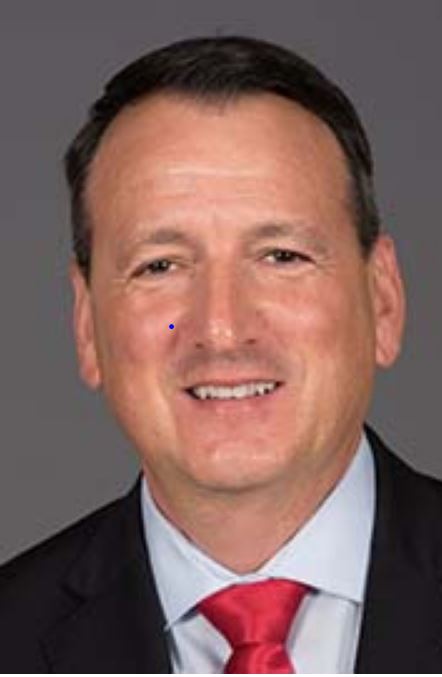
 Greg Rickford[/caption]
The Ontario government has put together a new mining taskforce to help it overhaul the Mining Act.
Whereas the previous Liberal government also passed legislation to modernize the mining act, Greg Rickford, Mines Minister in the new Progressive Conservative government, says the focus is entirely different.
“When they were modernizing the Mining Act, the very real fear out in the industry was that it was an exercise in ideology to put new barriers in a piece of legislation that already has been very difficult for mines to operate under,” Rickford said on the sidelines of the Prospectors and Developers Association of Canada (PDAC) convention this week. “This is an act to promote mining in Ontario and we think there’s a big difference.”
Rickford, Ontario’s Minister of Northern Development and Mines, Energy and Indigenous Affairs, said that his government intends to make Ontario more attractive for mining, partially through changes to the Mining Act that will be informed by a new Mining Working Group, whose first meeting was held during the conference.
“I want to overhaul [the Mining Act] in a way that makes Ontario the No. 1 friendly jurisdiction for doing mining business in,” said Rickford.
Ontario recently fell to 20th place from 7th most attractive mining jurisdiction in the Fraser Institute’s annual survey of mining companies.
The government used this year’s PDAC convention to draw a clear contrast with the previous Liberal regime. The new PC government, elected last June, made several announcements at the event, including the creation of a new mining taskforce to cut “red tape,” changes to the government’s Northern Ontario Internship program to make it more accessible to Indigenous workers, and with the Saskatchewan government, took a joint swipe at the federal government’s environmental assessment legislation and its new Canadian Minerals and Metals Plan (CMMP).
[caption id="attachment_1003727404" align="alignright" width="354"]
Greg Rickford[/caption]
The Ontario government has put together a new mining taskforce to help it overhaul the Mining Act.
Whereas the previous Liberal government also passed legislation to modernize the mining act, Greg Rickford, Mines Minister in the new Progressive Conservative government, says the focus is entirely different.
“When they were modernizing the Mining Act, the very real fear out in the industry was that it was an exercise in ideology to put new barriers in a piece of legislation that already has been very difficult for mines to operate under,” Rickford said on the sidelines of the Prospectors and Developers Association of Canada (PDAC) convention this week. “This is an act to promote mining in Ontario and we think there’s a big difference.”
Rickford, Ontario’s Minister of Northern Development and Mines, Energy and Indigenous Affairs, said that his government intends to make Ontario more attractive for mining, partially through changes to the Mining Act that will be informed by a new Mining Working Group, whose first meeting was held during the conference.
“I want to overhaul [the Mining Act] in a way that makes Ontario the No. 1 friendly jurisdiction for doing mining business in,” said Rickford.
Ontario recently fell to 20th place from 7th most attractive mining jurisdiction in the Fraser Institute’s annual survey of mining companies.
The government used this year’s PDAC convention to draw a clear contrast with the previous Liberal regime. The new PC government, elected last June, made several announcements at the event, including the creation of a new mining taskforce to cut “red tape,” changes to the government’s Northern Ontario Internship program to make it more accessible to Indigenous workers, and with the Saskatchewan government, took a joint swipe at the federal government’s environmental assessment legislation and its new Canadian Minerals and Metals Plan (CMMP).
[caption id="attachment_1003727404" align="alignright" width="354"] Minister Rickford[/caption]
Mining Working Group
The Mining Working Group met for the first time during PDAC and includes a long
Minister Rickford[/caption]
Mining Working Group
The Mining Working Group met for the first time during PDAC and includes a long 
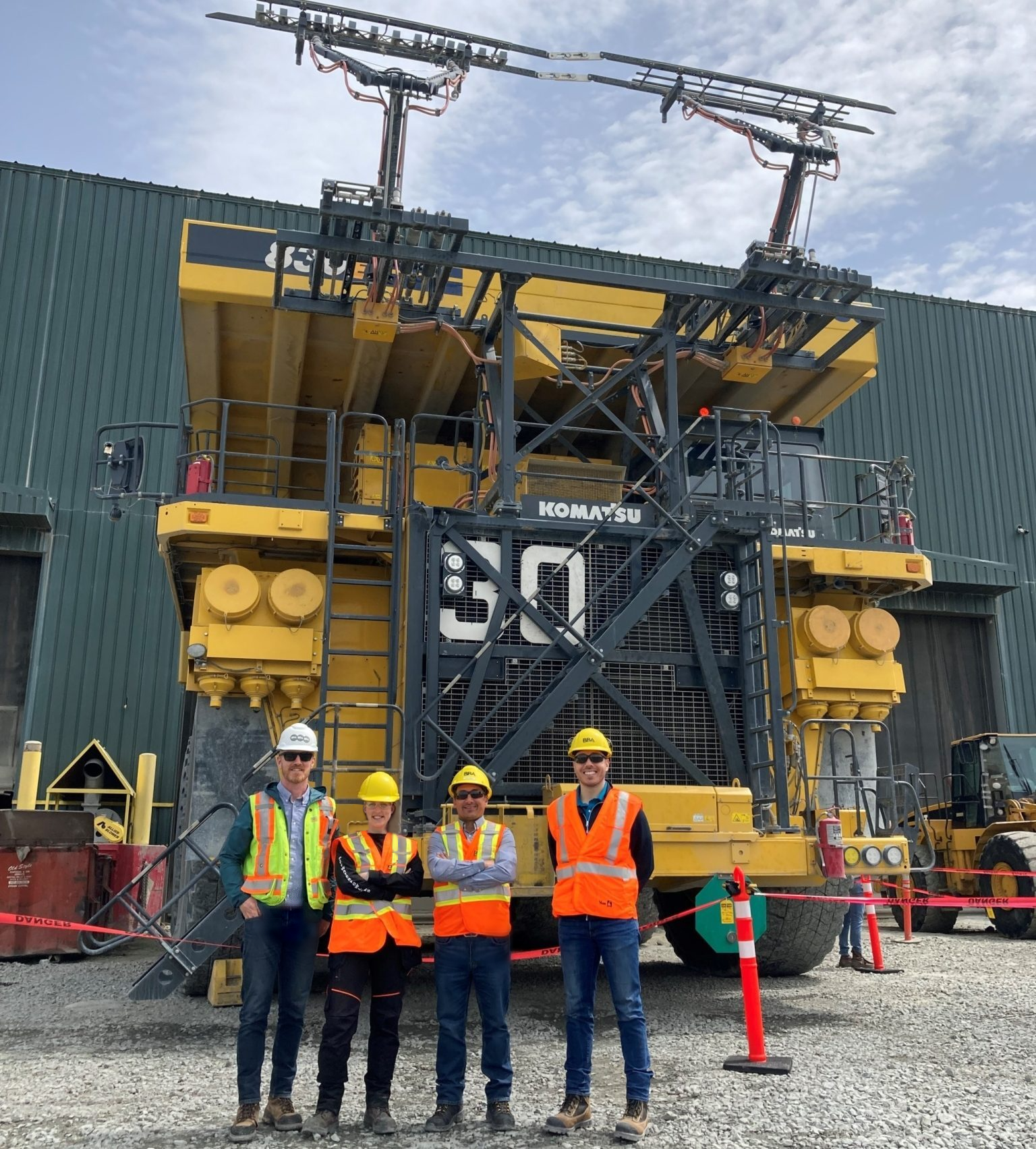
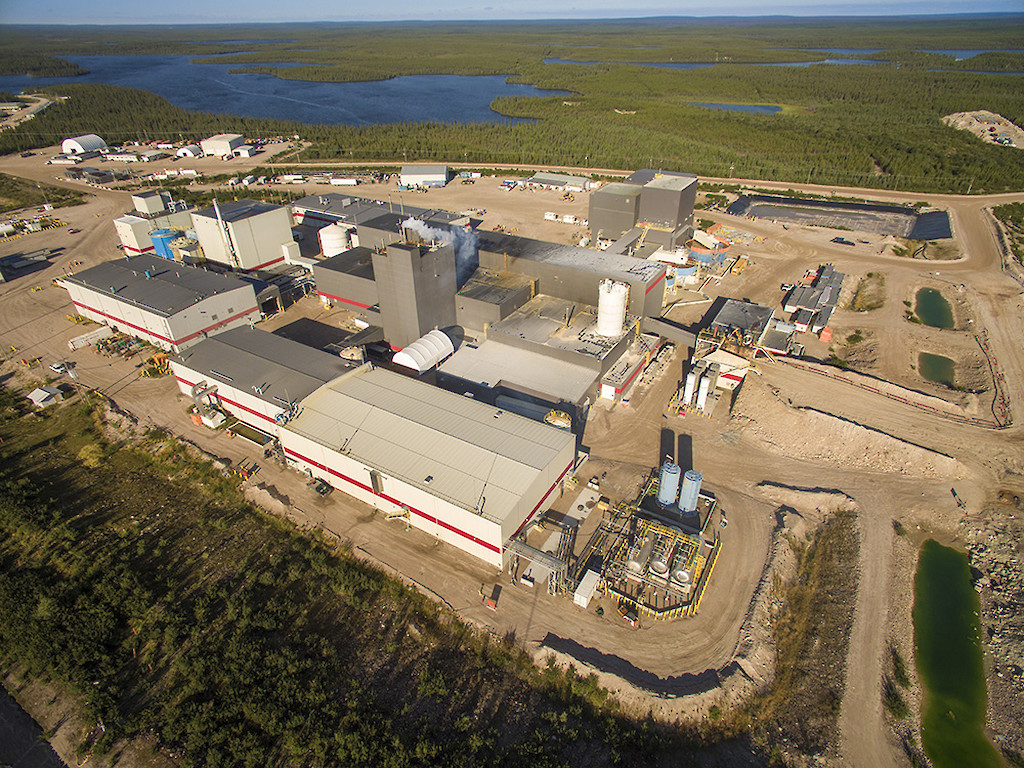
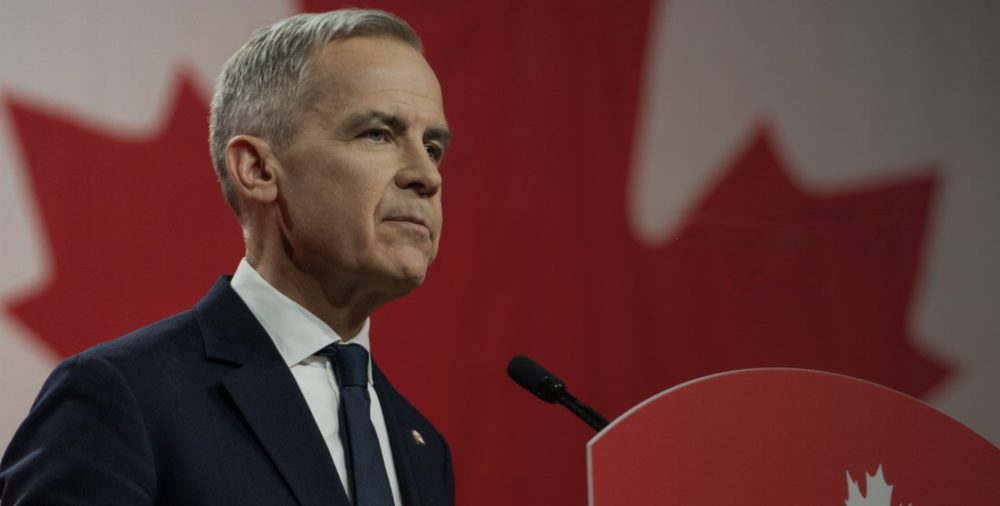

Comments
gerald lohuis
We have $60 billion in mineral assets in Ring of Fire with President Trump implementing tariffs on steel and aluminum. We struggle to get enough raw materials and metal on critical short supply list. If we do not open up the far north with all winter roads and railway (7 times cheaper and best way to transport mining materials for production of stainless steel). Stelco steelworks in Hamilton has rebuild and with new technology. Let Canada be all it can be and develop the far north. Noront Mining is trying to build Eagles Next for high grade nickel. The environmental assessment is the next step to bring this project forward. No time to delay. Use our resources in the far north and show up the U.S.A.